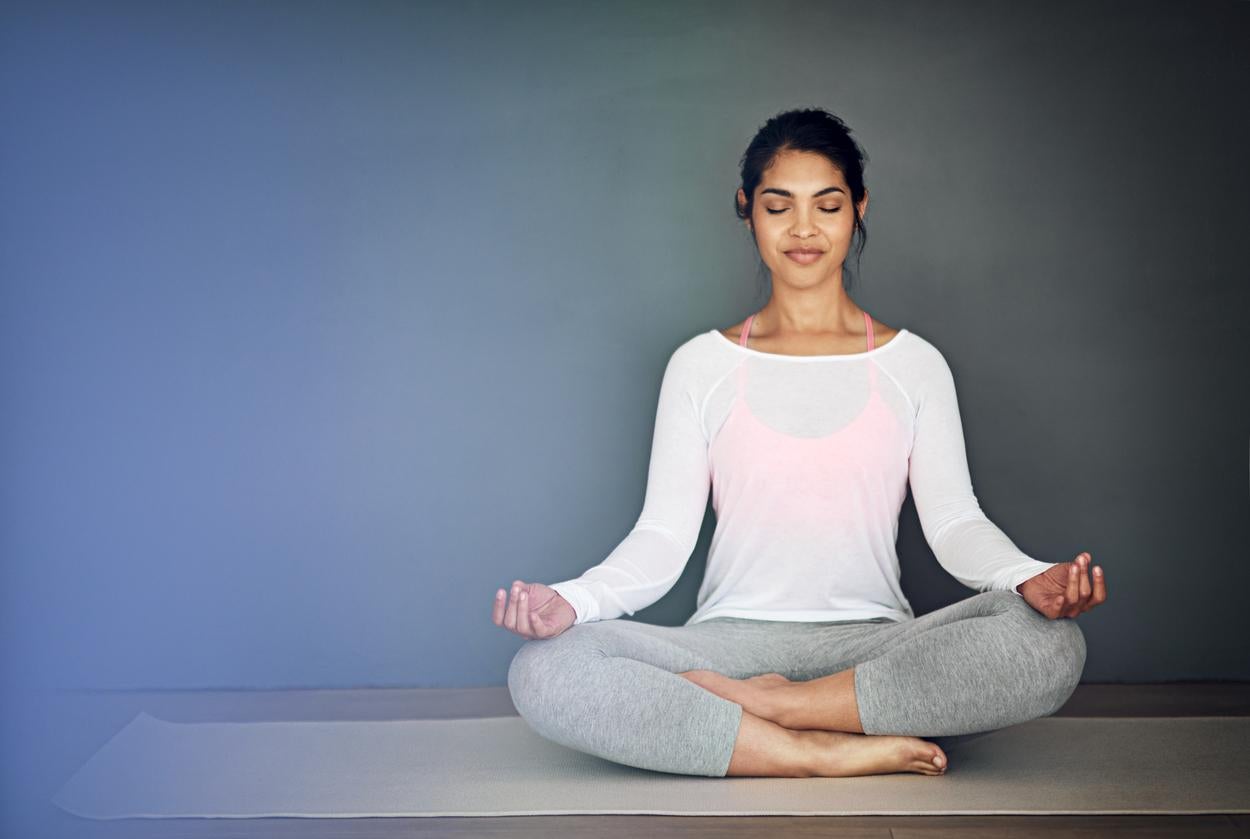Yoga can help improve symptoms of depression, finds study
Doing the downward-facing dog could help lift your mood

Your support helps us to tell the story
From reproductive rights to climate change to Big Tech, The Independent is on the ground when the story is developing. Whether it's investigating the financials of Elon Musk's pro-Trump PAC or producing our latest documentary, 'The A Word', which shines a light on the American women fighting for reproductive rights, we know how important it is to parse out the facts from the messaging.
At such a critical moment in US history, we need reporters on the ground. Your donation allows us to keep sending journalists to speak to both sides of the story.
The Independent is trusted by Americans across the entire political spectrum. And unlike many other quality news outlets, we choose not to lock Americans out of our reporting and analysis with paywalls. We believe quality journalism should be available to everyone, paid for by those who can afford it.
Your support makes all the difference.Scientists say that there is one form of exercise that could help improve low mood, anxiety and reduce stress - beating depression in some cases.
At the 125th Annual Convention of the America Psychological Association, six presentations looked at studies which found yoga could have healing effects on people with depression of differing severities.
One of the studies, conducted the San Francisco Veterans Affairs Medical Center, found that male veterans who took twice-weekly yoga glasses for eight weeks had fewer symptoms.
“Yoga has become increasingly popular in the West, and many new yoga practitioners cite stress-reduction and other mental health concerns as their primary reason for practicing,” study author Dr Lindsey Hopkins said.
“But the empirical research on yoga lags behind its popularity as a first-line approach to mental health.”
Another study, by Alliant University in San Francisco, found women aged 25 to 45 who took part in twice-weekly Bikram aka hot yoga sessions over a period of eight weeks also had significantly reduced depression symptoms compared to those on a waiting list for classes.
The studies, which covered a wide range of ages, occupations and genders all found that there was a positive correlation between practising yoga and lessening symptoms or feelings of depression.
The researchers add that while this form of exercise is proven to help, it shouldn’t replace traditional therapy completely.
“We can only recommend yoga as a complementary approach, likely most effective in conjunction with standard approaches delivered by a licensed therapist,” explains Hopkins.
“There seems to be a lot of potential.”
Join our commenting forum
Join thought-provoking conversations, follow other Independent readers and see their replies
Comments